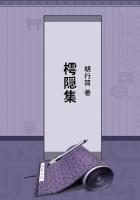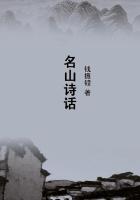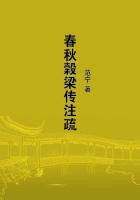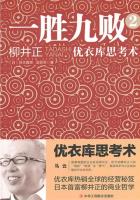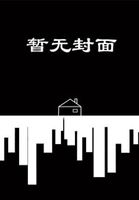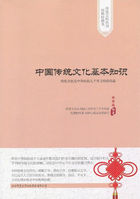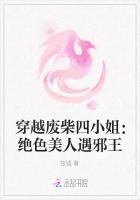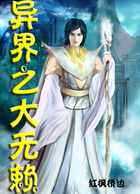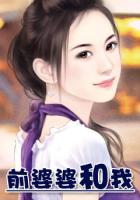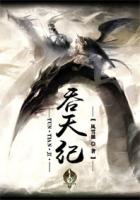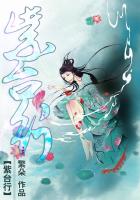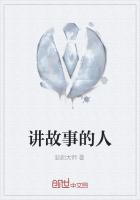Perhaps no person can be a poet, or can even enjoy poetry, without a certain unsoundness of mind, if anything which gives so much pleasure ought to be called unsoundness. By poetry we mean not all writing in verse, nor even all good writing in verse. Our definition excludes many metrical compositions which, on other grounds, deserve the highest praise. By poetry we mean the art of employing words in such a manner as to produce an illusion on the imagination, the art of doing by means of words what the painter does by means of colours. Thus the greatest of poets has described it, in lines universally admired for the vigour and felicity of their diction, and still more valuable on account of the just notion which they convey of the art in which he excelled:
"As the imagination bodies forth The forms of things unknown, the poet's pen Turns them to shapes, and gives to airy nothing A local habitation and a name."
These are the fruits of the "fine frenzy" which he ascribes to the poet--a fine frenzy doubtless, but still a frenzy. Truth, indeed, is essential to poetry; but it is the truth of madness.
The reasonings are just; but the premises are false. After the first suppositions have been made, everything ought to be consistent; but those first suppositions require a degree of credulity which almost amounts to a partial and temporary derangement of the intellect. Hence of all people children are the most imaginative. They abandon themselves without reserve to every illusion. Every image which is strongly presented to their mental eye produces on them the effect of reality. No man, whatever his sensibility may be, is ever affected by Hamlet or Lear, as a little girl is affected by the story of poor Red Riding-hood. She knows that it is all false, that wolves cannot speak, that there are no wolves in England. Yet in spite of her knowledge she believes; she weeps; she trembles; she dares not go into a dark room lest she should feel the teeth of the monster at her throat. Such is the despotism of the imagination over uncultivated minds.
In a rude state of society men are children with a greater variety of ideas. It is therefore in such a state of society that we may expect to find the poetical temperament in its highest perfection. In an enlightened age there will be much intelligence, much science, much philosophy, abundance of just classification and subtle analysis, abundance of wit and eloquence, abundance of verses, and even of good ones; but little poetry. Men will judge and compare; but they will not create.
They will talk about the old poets, and comment on them, and to a certain degree enjoy them. But they will scarcely be able to conceive the effect which poetry produced on their ruder ancestors, the agony, the ecstasy, the plenitude of belief. The Greek Rhapsodists, according to Plato, could scarce recite Homer without falling into convulsions. The Mohawk hardly feels the scalping knife while he shouts his death-song. The power which the ancient bards of Wales and Germany exercised over their auditors seems to modern readers almost miraculous. Such feelings are very rare in a civilised community, and most rare among those who participate most in its improvements. They linger longest amongst the peasantry.
Poetry produces an illusion on the eye of the mind, as a magic lantern produces an illusion on the eye of the body. And, as the magic lantern acts best in a dark room, poetry effects its purpose most completely in a dark age. As the light of knowledge breaks in upon its exhibitions, as the outlines of certainty become more and more definite, and the shades of probability more and more distinct, the hues and lineaments of the phantoms which the poet calls up grow fainter and fainter. We cannot unite the incompatible advantages of reality and deception, the clear discernment of truth and the exquisite enjoyment of fiction.
He who, in an enlightened and literary society, aspires to he a great poet must first become a little child, he must take to pieces the whole web of his mind. He must unlearn much of that knowledge which has perhaps constituted hitherto his chief title to superiority. His very talents will be a hindrance to him. His difficulties will be proportioned to his proficiency in the pursuits which are fashionable among his contemporaries; and that proficiency will in general be proportioned to the vigour and activity of his mind. And it is well if, after all his sacrifices and exertions, his works do not resemble a lisping man or a modern ruin. We have seen in our own time great talents, intense labour, and long meditation, employed in this struggle against the spirit of the age, and employed, we will not say absolutely in vain, but with dubious success and feeble applause.
If these reasonings be just, no poet has ever triumphed over greater difficulties than Milton. He received a learned education: he was a profound and elegant classical scholar: he had studied all the mysteries of Rabbinical literature: he was intimately acquainted with every language of modern Europe, from which either pleasure or information was then to he derived. He was perhaps the only great poet of later times who has been distinguished by the excellence of his Latin verse. The genius of Petrarch was scarcely of the first order; and his poems in the ancient language, though much praised by those who have never read them, are wretched compositions. Cowley, with all his admirable wit and ingenuity, had little imagination: nor indeed do we think his classical diction comparable to that of Milton.
The authority of Johnson is against us on this point. But Johnson had studied the bad writers of the middle ages till he had become utterly insensible to the Augustan elegance, and was as ill qualified to judge between two Latin styles as a habitual drunkard to set up for a wine-taster.

